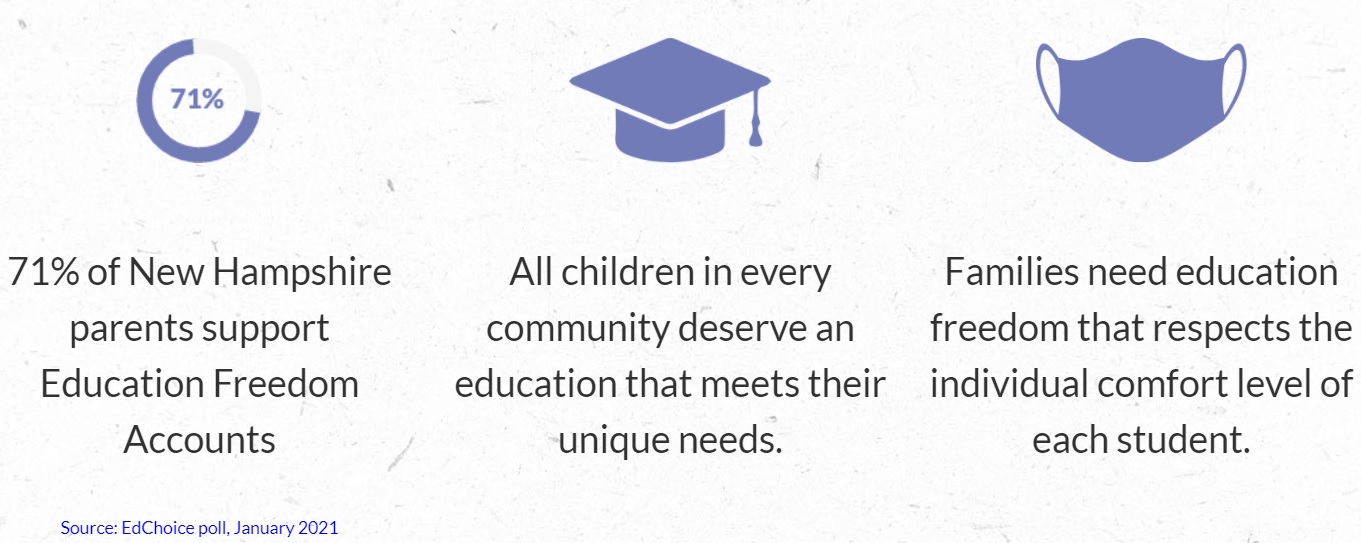
I often think to myself when considering the gravity and circumstances of a particular issue or decision, the truth that makes the most sense often requires the least amount of convincing. This corroborates with the nature of truth - the knowledge that does not require human ascent because it stands on its own. We don’t have to believe it, but that doesn’t make it any less untrue. It is true independent of what we perceive, feel, or conjecture based on our own assumptions. The more one has to argue for a position, the more likely it may not be based on common sense.
I also think that we all accept preconceived ideas, and that we shouldn’t weaponize these assumptions to belittle the ideas of others. Rather, we should work to discuss the merits of the ideas insofar as they are reasonable and therefore true. These first ideas we hold in ourselves develop from the stories we enter into; our life is a character in a story that is already being written before we enter it.
I believe that our stories matter, and I believe that our stories begin in our families. Quite naturally, the first story we hear of is the one that comes from our parents, who gifted us our existence and permitted us the opportunity to know the truth, and will the good simply because it is good to do good.
This now gets us to the idea of civic goods. Education is good for the child and society. That is why the state has a vested interest in education, but the state does not retain the power to control education. I would suggest that is unnatural. Education begins in the home and should respect the autonomy of the home. There is a principle that operates on the idea that no larger body should assume what a lower body can rightfully and naturally do for itself. Once a higher body intervenes where it should not, a disruption is created that stunts authentic human development and prevents persons from maturing intellectually or even making their own creative imprint in the story we all share as members of the human family.
Before pivoting to the conclusions that I would like to draw from these first principles, I want to say how grateful I am to know educators working for the good of persons and society. I believe in their intentions and I have worked for over a decade with faithful educators in all types of settings: homeschool, public school, and private school.
Education Freedom Accounts are not about one system as opposed to another.
Children should be given an opportunity to receive an adequate education in conformity with the first school, that is the school of the home. Parents are primary educators, and we should all scoff at any idea which suggests otherwise.
Parents are the best source of accountability in education. The state is not.
All forms of education should be valued and supported to promote the good of all.
- Derek Tremblay, Headmaster

